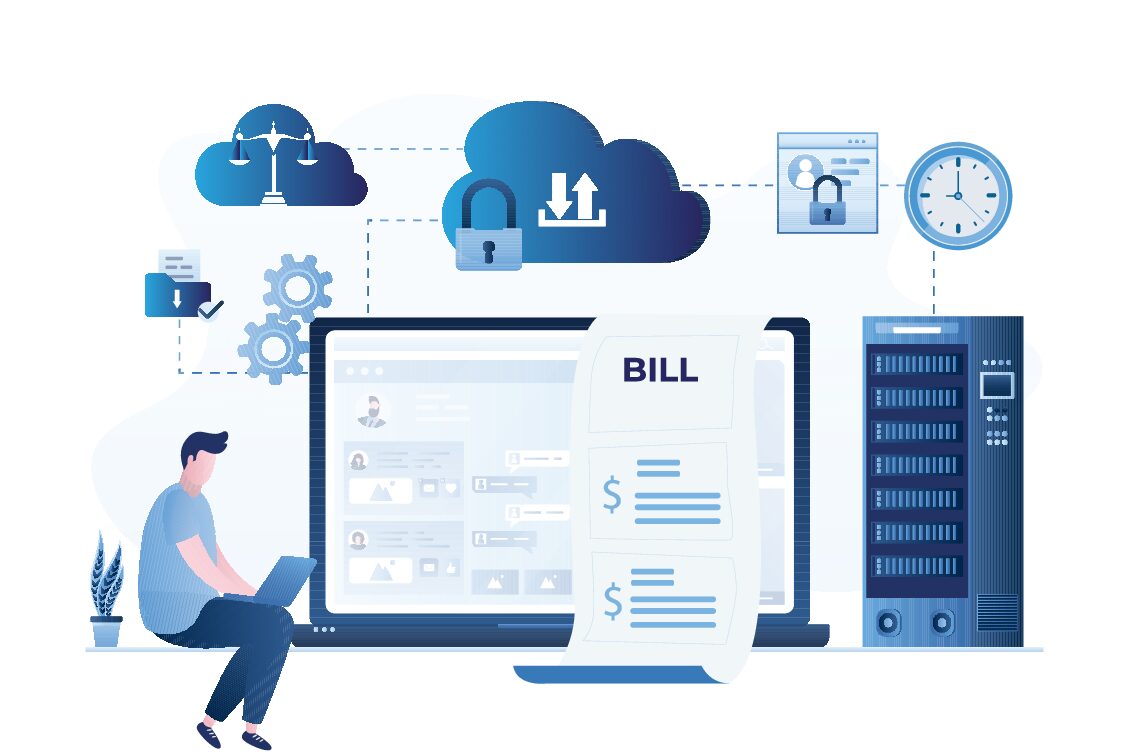When starting a new law practice, there are numerous questions to be answered and one of the most important is what to charge for your legal services. Most new lawyers have never earned hundreds of dollars per hour, so the concept may seem intimidating or difficult to grasp.
Well, I have three words for you. Get Over It.
You have done the work and now it is time to start reaping some of the rewards. There is a reason why attorney pay rates are higher than most other professions. You have developed a level of education and expertise that is held by less than one percent of the total population.
Now, I am not advocating for outrageously irrational legal fees, but it is time to wrap your head around the fact that your services may be worth at least a couple hundred dollars an hour.
Now, how do you figure it all out? Price yourself too high, and you could turn potential clients away. Price yourself too low and you may cheat yourself out of valuable profit.
Somewhere in the middle lies the right answer and here are some tips to help you find it.
You Must Determine an Hourly Rate – Even Among the Current Fixed Fee Trend
Your hourly rate is the starting basis for all decisions about your fees. Whether you are instituting a fixed fee arrangement, a contingency fee or an hourly payment agreement, you need to identify an hourly rate.
How do you do that? First, consider how much it costs to keep your practice open for business. For example:
Your rent is $2000 per month and overhead costs are an additional $2500 per month, adding up to a monthly expense of $4500. Next, calculate how many hours a month you plan to bill. Let’s say you work the standard eight-hour work day for 20 days out of the month, which equals 160 hours per month. Now divide that number into your monthly expenses. It costs roughly $28 per hour to maintain your law practice.
Now calculate how much you need to earn per hour to maintain your personal expenses. Include your mortgage, car payments, insurance, recreation and everything else. Don’t cheat or all of a sudden decide to start spending less on take out. Provide yourself with a true picture of your finances, so that you can make the most well informed decision about your hourly rate.
Use the resulting figures to determine an appropriate hourly rate. You could multiply your business expenses by ten for a rate of $280 per hour, for example. You may find that a little low and choose to round up to $300 per hour, or go in the opposite direction by cutting the rate down to $200 per hour.
Note that this is only a starting point. Determining your hourly rate should not occur within a vacuum. There are numerous other factors to consider. Don’t worry. I’ve got you covered. Come back for part two of this series and we will continue with the discussion.
About Erika Winston:
Erika Winston is a Virginia based writer with a passion for all things legal. As a former domestic relations attorney, she understands the challenge of determining the best fee structure for your practice. Erika is a regular contributor to TimeSolv and a variety of other publications.


















